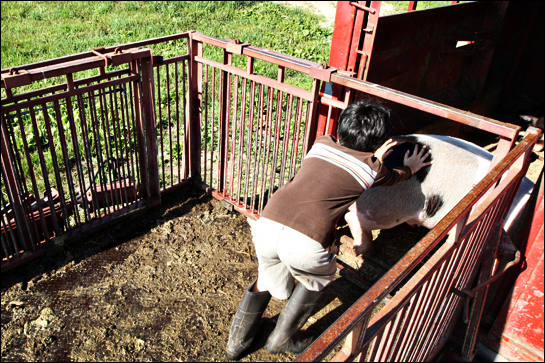
This post is cross-posted at TechCrunch.
We need to get more guys who are running tech startups to decide instead to be stay-at-home dads.
What do you think of that? Stupid, right? That’s what it sounds like when anyone suggests that we need to get more women doing startups.
If you are worried that women don’t feel capable of doing whatever they want, you can stop worrying. Women outperform men in school at such a huge rate that it’s easier to get into college as a male than a female. And women take that to the bank by earning more than men in their 20s. Women would probably continue out-earning men except that when men and women have kids, women choose to downshift way more often than men do.
Clearly, women have a choice. There are plenty of opportunities out there for women if the women would just continue working in their 30s the same way they did in their 20s. So clearly, women don’t want to. Women are choosing children over startups. Read more






